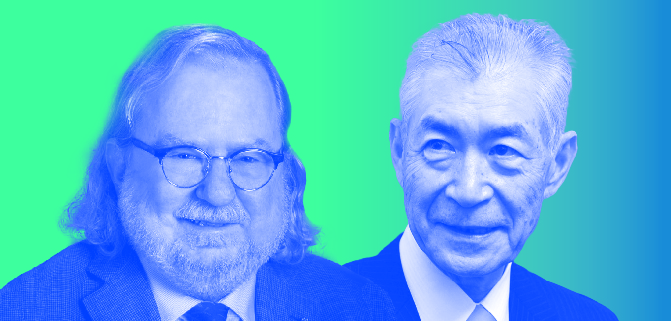The 2018 Nobel Prize for Medicine and Physiology was awarded to an immunologist out of Texas. He was given the prize because of his development of a ground-breaking and new cancer treatment which focuses on a patient’s immune system instead of the tumor alone. Jim Allison is a professor who works at the Anderson Cancer Center at the University of Texas. The Houston-based professor worked together with Tasuku Honjo to discover this new immune checkpoint therapy program. This new treatment approach is giving cancer patients a fighting chance at successful remission of their sickness.
A Pair That Works Well Together In The Name Of Science
Together, the duo worked to establish a whole new cancer treatment principle. The driving force for most scientists is to continuously push the frontiers of current knowledge and expand on it. According to the statement that was released on the new cancer treatment program, Honjo had discovered a protein located within immune cells that are able to operate as a type of “brake.” Once he found this out, Jim Allison then discovered a way in which to manipulate those proteins. Once he manipulated the protein in the immune cells, they began to start attacking the cancerous tumors directly.
Both scientists have worked in cancer research for many years. In the 1990s, Allison studied a specific protein in immune cells and developed an antibody to inhibit the cancer. During his research, Allison was able to cure cancer in mice. During that same time, Honjo was working on a similar protein that would enable human cancer patients the ability to achieve remission long-term from their illness.
Success In Clinical Studies
In many of the clinical studies performed, there were successful remissions using the inhibited protein in patients who were fighting lymphoma, lung cancer, melanoma and renal cancer. Further clinical studies using a combination of both PD-1 and CTLA-4 treatment programs could be much more effective for patients who are fighting melanoma cancer.
Before both Allison and Honjo had discovered these immune cells in the cancer proteins, this type of clinical treatment was modest. However, the groundbreaking discoveries and advancements in checkpoint cancer therapy is revolutionizing how cancer is treated. It has had a fundamental and exciting change to how cancer can be managed and cured in patients who may have otherwise not had a fighting chance to survive. This treatment is giving patients the higher chance of long-term remission they had hoped for.



